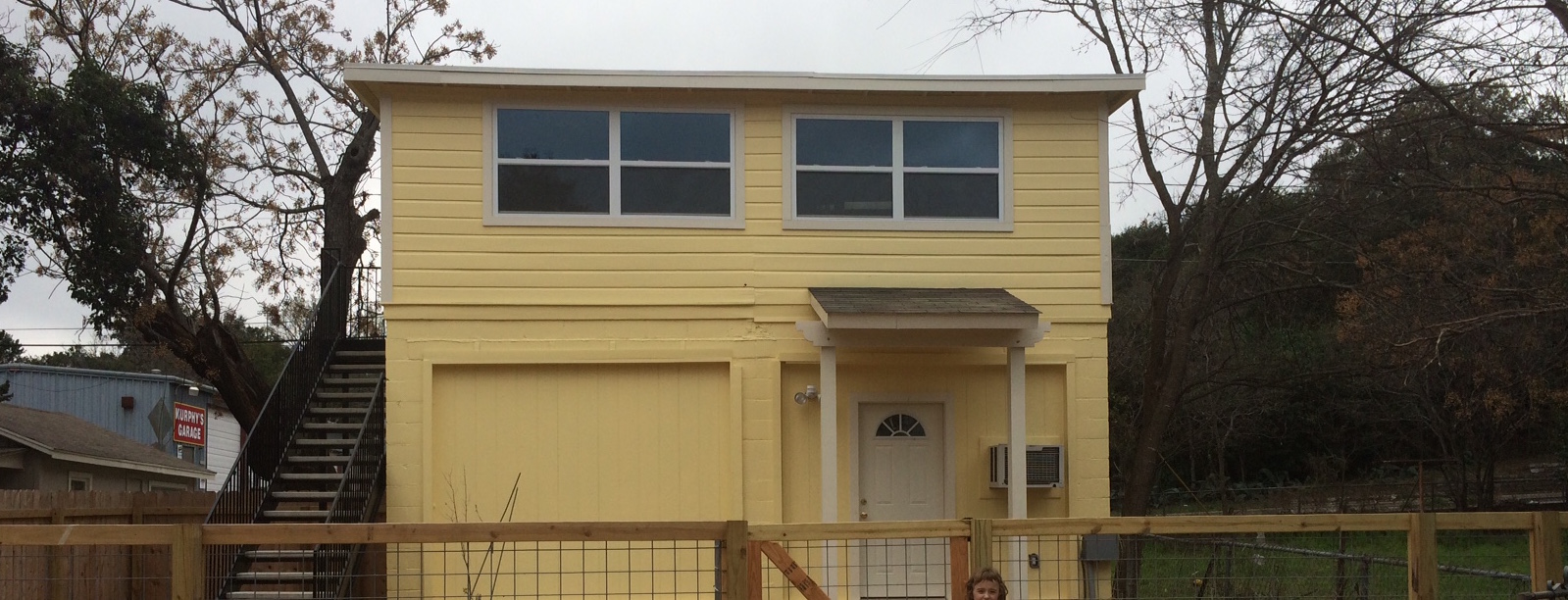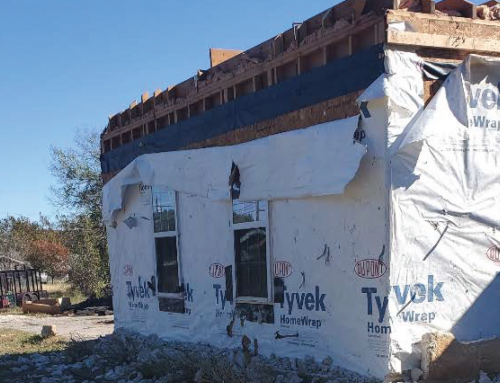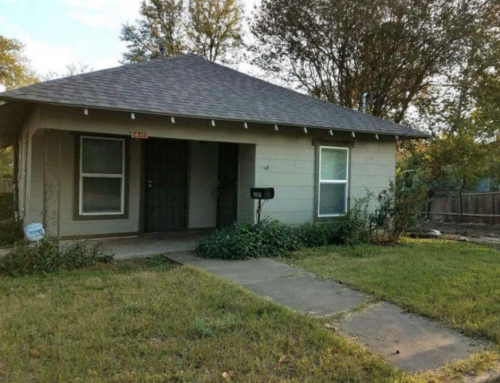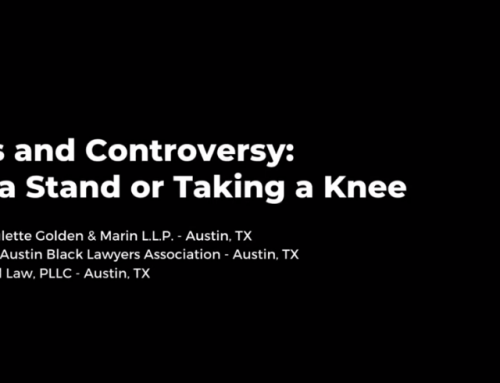In April 2014, an Austin Homebuyer purchased an old property in South Austin. The MLS listing described the property as a ‘duplex’, and that it consisted of ‘2/1 and 3/1 apartments’ on each floor. As such, the Homebuyer planned to renovate the property, and then lease the two units to separate tenants. The property was being used as duplex and real estate and postal records indicated that it had been used as a duplex for decades.
After purchasing the property, the Homebuyer entered into agreements with several contractors and spent more than $92,000 on improvements before she was informed by the City of Austin that the property was actually designated as a single family home, and that therefore it could not be used or leased as two units.
Despite halting renovations, the Homebuyer incurred substantial damages as well as the loss of potential rental income. After attempts to grandfather the property as a duplex failed, the Homebuyer retained Pete Reid Law to investigate the misrepresentations and represent her in this matter.
Pete Reid Law proceeded to serve notice on the Sellers and the Realtors that representations had been made in regard to the property that were in direct violation of the Deceptive Trade Practices Act (DTPA).
When no meaningful response was received, Pete Reid Law filed suit on behalf of the Homebuyer asserting claims for damages under the DTPA, as well as for breach of contract, breach of common law warranties, negligence, fraud, negligent misrepresentation, and unjust enrichment. The claims were contested by the Sellers and Real Estate Brokers and the parties moved forward with the litigation.
Ultimately, Pete Reid Law’s assertive strategy led to a creative pre-trial settlement with the Seller that ensured that the property would be resold, and that guaranteed that the Homebuyer would be compensated for all of her losses.
The settlement outlined that the Brokers would put the property back on the market for 120 days. If the property sold, the Homeowner would receive the proceeds and a lump sum that would cover the purchase price paid, the cost of the renovations, and all her attorneys’ fees and costs. The settlement also specified that if the property was not sold within 120 days, then the Sellers would buy back the property from the Homeowner for the same lump sum that would cover all her losses.
Thanks to the experience and diligent work of Pete Reid Law, the property was sold and the Homeowner recovered a lump sum in excess of the purchase price paid and the $92,000 that had been spent in renovations, and that covered all of her out of pocket costs, including her attorneys’ fees.






